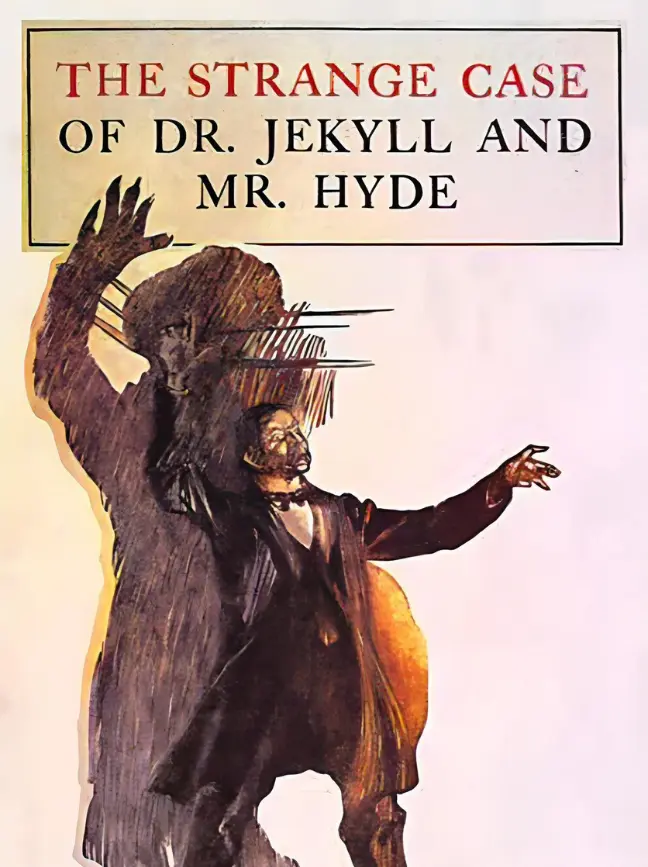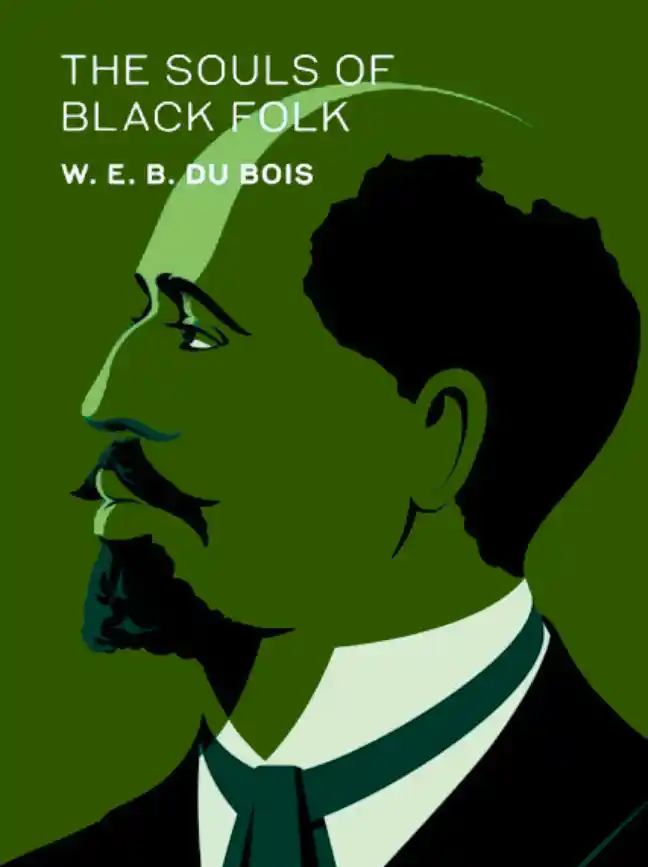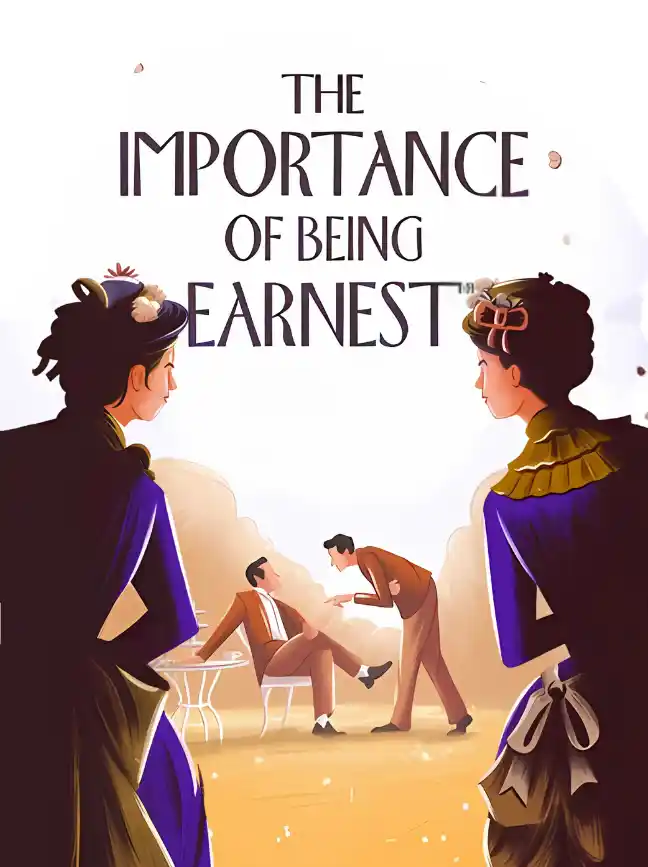Jen is in her sanctuary, the office. She wanted to be here, at work, in this calm, organized environment she is fully in control of, or at least can pretend that she is. The knowledge that Kelly is involved keeps repeating on her. She feels like she’s on a boat, the ground underfoot uncertain and slippery. Kelly. Her Kelly. The man she can tell anything to. But, evidently, that doesn’t work both ways. How could he have pretended to work this through with her on that night that he believed her?
The street down below is dotted with people shopping, enjoying the last of the summer warmth. Early October looks different to late. Gingerbread light outside. Honey-coloured leaves. The last gasp of summer. She opens the window. Only the tiniest bite of cold laces the air: like a single drop of dye in water that will soon spread.
She sighs and wanders down the corridor. She renovated the premises after her father died last spring. What was once his office – the plaque said Managing Partner, like he wanted – is now the kitchenette, a decision she made so she didn’t have to look at his old door or, worse, work in there herself.
Her father had been a good lawyer. Incisive, cautious, able to accept and confront bad news without kidding himself. Tough, she’d describe him as, with the hindsight of grief. Stoic, too. At the end of a working week, once, she’d found out that he had slept there two nights, to get the job done, and had never said.
She is now much further back than she anticipated. Jen thinks her biggest fear is that she is going to pass the inception of the crime. She wishes she could ask her father what to do. Kenneth Charles Eagles. He’d gone by the name KC. If Jen and Kelly had had a daughter, they would have called her Kacie. KC. He’d have liked that.
Eighteen months ago, he had passed away alone. An aneurysm had taken him sometime in the evening as he sat in his armchair, a half-empty bottle of beer and a bag of peanuts at his side. In the beginning, Jen had to force herself not to dwell on his final moments, like trying to steer a ship determined to veer off course. But now, she can bear to think about it, standing in the spot where he once did. Yet today, more than ever, she feels his absence. He wouldn’t have had any sympathy for her time-travel theories—she’d have been too scared to tell him, fearing his judgment—but she misses him anyway, in the way children always miss the steadying presence of their parents, the way they can ease your burdens, if only for a while.
Jen makes herself a cup of tea and leaves the kitchenette. As she walks by her office, Rakesh passes with another lawyer, Sara.
“The husband wants to cut her maintenance budget in half because she only ever wears sweatpants. He’s crossed off the clothing allowance entirely. No haircuts, no bras. He even noted that she wears old, greying underwear,” Sara says.
Rakesh’s incredulous laughter echoes like a bell.
Jen smiles faintly. She’s always felt at home here, among the workaholics and their dark humor.
She sends a few emails, effortlessly passing along information and offering advice. These are tasks she could do with her eyes closed, things she’s been doing for two decades.
At seven in the evening, the soon-to-be-ex-husband of one of Jen’s clients has twenty-five boxes of his financial records delivered. Jen accepts them from a weary DPD driver with a T-shirt tan. Last time this happened, she stayed late to start sorting through them, meticulously indexing the contents and stacking the boxes in her office. Rakesh had poked his head in and asked if she was building a fort.
He passes by now, at the exact same time. But today, instead of diving into the boxes, and not eager to go home either, she asks if he wants to grab a drink.
“For sure,” he says, chewing gum. “What’s all this? Building a fort?”
Jen smiles to herself. The further back in time she goes, the harder it is to remember each day. It’s strangely satisfying when her predictions come true.
“I will be on Monday,” she says. “Disclosure from the other side. The husband’s accounts.”
“Does he work for the Bank of England or something?”
“Classic tactic,” Jen says, shifting a box to clear a path. “Send so many boxes that nobody wants to look.”
“I’ll make sure you don’t get buried alive on Monday. I need wine on tap,” Rakesh says, grabbing her coat for her.
“Rough day?”
“I sent a petition to my client today. Just to sign, nothing more. Next to count four of unreasonable behavior, she wrote—by hand—‘also wanked into socks all the time,’ like it was a crucial addition. Now I have to send it back to her. We can’t submit that to court.”
“A valid complaint,” Jen says, smirking. “Nice touch with the socks.”
“You’re not the one who has to see him at the trial.”
“Just don’t follow him into the bathroom.”
As they leave, their coats slung over their arms in the early autumn chill, it feels so good to be here, at work, where people spend some of the most intimate hours of their lives. She’s known Rakesh for over a decade. She knows he eats potatoes most days for lunch and that he gets sucked into the Daily Mail website during his mid-afternoon slump. She knows he silently mouths “F**k off” whenever his phone rings, and that he once sweat through his trousers during a particularly tough hearing and left a mark on the chair.
So tonight, it’s also nice to step away from the chaos of her family life. To leave behind the mystery and simply anticipate a glass of wine with an old friend, to talk about their clients’ dramas, to drink two glasses—no, three—and smoke cigarettes in the beer garden while laughing about it all. It’s so, so nice to pretend.
Jen has had too much wine to drive, so she walks home. It’s just after nine o’clock, and she’s weaving along the pavement, looking up at her lit-up house ahead, thinking about her husband, who she told she’d be working late.
She’s a divorce lawyer, she thinks bitterly, and yet she completely missed her own betrayal. Never saw it coming. Not a clue.
She tries to rearrange the events in her mind, knowing what she knows now.
The wine has loosened her thoughts. Her mind feels elastic, free in the crisp night air. For once, she feels open-minded, not closed off and anxious.
The burner phone belongs to Kelly. So the missing baby poster and the police ID must belong to him too. But why were they in Todd’s room?
As she approaches her house, she hears voices. They’re outside, too loud to be inside. She stops by Kelly’s car, feeling the warmth still radiating from the bonnet. It’s just been driven.
The voices belong to her husband and son, the very subjects of her thoughts, and they’re shouting, urgent.
They’re in the back garden. Jen quietly hurries to the gate.
She stops there, a finger on the cool latch, suddenly stone-cold sober.
“Why are you telling me this?” Todd’s voice, shaky with panicked tears, disturbs her.
“Because I have to ask you to do something,” Kelly says. “I wouldn’t tell you otherwise.”
“What?”
“You have to break up with Clio.”
“What?”
“You have to,” Kelly insists. “I could ask Nicola for help, but you can’t keep seeing Clio. Given everything.”
Jen’s stomach churns. She feels suddenly nauseous, and it has nothing to do with the wine.
“That’ll just make things more suspicious,” Todd says. “And it’ll fucking break my heart.”
Jen feels like her knees might give out. The pain, the pain, the pain in her baby boy’s voice.
“I’m sorry,” Kelly says. “I’m sorry—I’m sorry. I’m sorry. How many times do you need to hear it?”
“This is the most fucked-up thing that’s ever happened to me,” Todd says, but he doesn’t just say it—he screams it, a scream of pure anguish.
Something thuds—a fist on a table, maybe. “I tried!” Kelly’s voice is rough, frayed with emotion. Jen has heard this tone only a few times before. Once at the station, after Todd’s arrest. No wonder. He’s trying to stop it. And—clearly—he doesn’t succeed. “I tried so hard. Joseph either knows or is about to find out, Todd, and we have to get away from him. Without him knowing why.”
“Collateral damage, right? Me.” Jen thinks of how Clio wouldn’t talk about the breakup with her and wonders if Todd told Clio something about this conversation. Something he shouldn’t have. “Right,” Kelly says softly, and Jen wants to move away from the gate, cold and alone, and shake her husband. That was rhetorical, she’d say. Todd wasn’t offering that up to you, you idiot.
“There’s no sign that he knows,” Todd says.
“The second he does, he’ll come here, and he’ll…”
“That’s hypothetical. I can’t believe you dragged me into this. Lies? Kidnapped kids?”
Jen’s whole body goes still, goosebumps covering her skin. The baby.
“It’s this or something much, much worse,” Kelly says, a dark edge to his voice.
“Oh yeah, keep it secret at all costs. Sacrifice me and my first love!” Todd shouts. The back door slams. Footsteps pound up the stairs inside.
Jen stays at the gate, trying to breathe.
It’s pointless to ask them. They’ll just lie. And it’s clear there’s a secret at the core of their relationship that they’ll do anything to protect. They’ll do anything except tell Jen.
In the cool night air, three weeks before her son becomes a murderer, Jen hears her husband start to cry in the garden, his sobs growing quieter and quieter, like a wounded animal slowly dying.






